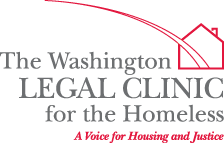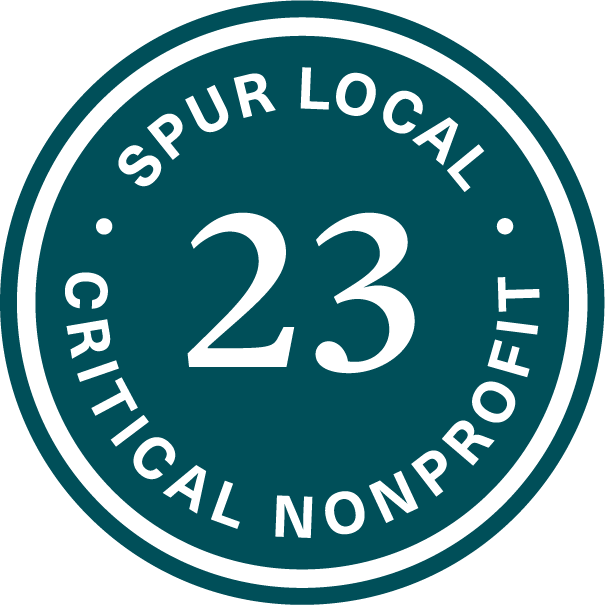October is Domestic Violence Awareness Month, a time to remember those we’ve lost to domestic violence[1] and take a step back and reflect on how we can better respond to survivors. Every 17 minutes, the DC Metropolitan Police Department receives a call related to domestic violence[2], and one in four women in DC will experience domestic violence during her lifetime. The District does a lot right when it comes to domestic violence. We have one of the strongest, if not the strongest, laws protecting residential tenants from discrimination and from evictions based on domestic violence. Our Housing Authority has partnered with the domestic violence advocacy community to integrate the Violence Against Women Act (VAWA) and domestic violence sensitivity into their staff trainings.
But we come up short when it comes to adequate funding for domestic violence programs, including domestic violence shelter. Domestic violence is the second most frequently stated cause of homelessness for families, and yet the District’s response to these families falls far short of the need.
The District’s response lacks coordination to say the least. Take Ms. Vaughn’s* case: Ms. Vaughn has three young children. She fled her abuser, got a restraining order against him, and was assisted through DC’s Crime Victim Compensation Program with 30 days in a hotel. But when she sought longer-term safe housing or shelter, she hit a brick wall. First, the domestic violence hotline said there was no room in the District’s three small domestic violence shelters.[3] Then, she turned to the mainstream shelter system and applied for family shelter at the Family Resource Center—less safe but still safer than returning to her abuser. She was likewise told there was no room for her family. For days on end now she has slept at a bus stop and lives in fear that her abuser will find her.
We urge DC to take the following steps immediately to assure the safety of families like Ms. Vaughn’s:
- Train special intake staff at the Family Resource Center to screen for domestic violence and make appropriate referrals;
- Expedite placement of all survivors of domestic violence into domestic violence shelter or, if none is available, into mainstream housing or shelter on the day of application; and
- Increase funding for domestic violence housing and shelter programs to reduce the number of survivors that need to rely on the less safe, mainstream system. [4]
Let’s ensure all survivors are safe and sheltered and that they’re served in the most effective, respectful, and efficient way possible. It’s time for DC to be a domestic violence housing leader not only from a legal rights perspective, but on the ground as well!
[1] In 2011 there were 13 domestic violence homicides in the District. Source: Metropolitan Police Department, 2012.
[2] Source: Metropolitan Police Department, 2012
[3] Funding for domestic violence programs from the Office of Victim Services has decreased from approximately $13 million in FY11 to $7 million in FY13. In 2011, there was a 60% increase in the number of unmet requests by victims of domestic violence for services. 74% of all unmet requests were for housing assistance.
[4] The 2011 Point in Time Survey found that over 600 homeless persons seeking services from the mainstream homeless shelter system reported being victims of domestic violence, a 40% increase from 2007.





